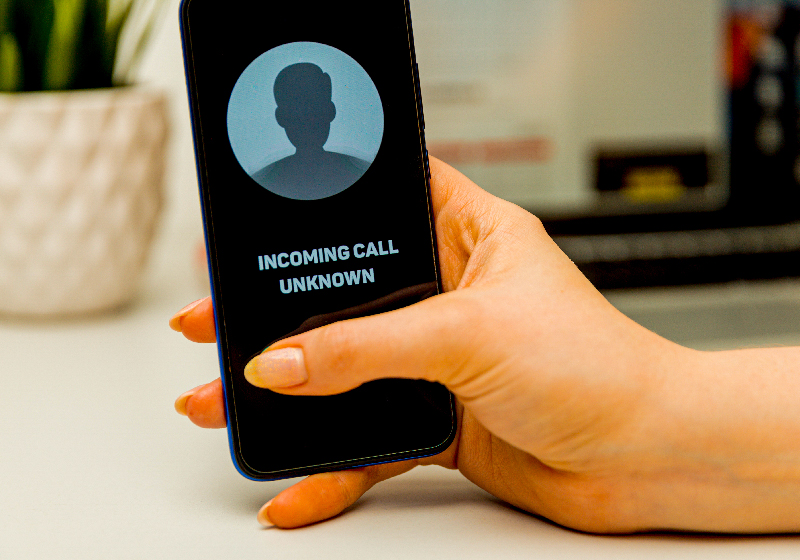You’ve most likely gotten a robo-call or spam email at some point. In 2020, the Federal Trade Commission received a staggering 2.2 million reports of fraudulent activity, tallying up to $1.2 billion lost. Disguised phone calls and texts, especially those claiming to be about stimulus relief, were the most common scam. While the government tries to crack down on illegal activity, you need to take precautions to protect your and your clients’ personal information from criminals.
Legal Requirements
Depending on your state or the federal government, you could be legally responsible for offering some layer of protection to your customer’s private data. If a breach were to happen and it’s found you weren’t in compliance, you could face repercussions. Always check that you have the necessary security measures in place, and that any third-party services you use do as well. Before using one of these services, research their policies and what they do (if anything) with your information. Even if they only pass it to other mailing services, your customers may not be happy having their personal data out there when they didn’t consent to it.
Password Protection
Your email and any other applications you use should have a password that’s difficult to guess and known only to you and whoever needs access. Nearly 60% of people reuse the same password across different devices, which makes a hacker’s job that much easier. Using the right software, they can guess up to 100,000,000,000 combinations each second. This goes to show how crucial it is that you vary your passwords. If you use Google Chrome, they’ve instituted a helpful feature that notifies you if you use a password too often. As you change your logins, keep them in one secure place, and to reiterate, only share them with people that you trust.
Avoid Phishing Links
“Click here!”…“Special offer!”…“Important information!”… These are just a few of the common taglines used in emails from phishers. During a phishing attack, you’ll be sent a link that redirects you to a landing page requiring you to input personal information like your SSN, bank account, or credit card number. It’s also common that these emails will include logos and titles from corporations and even government entities to pass them off as real. It’s easy to be nervous that you’re in some sort of trouble and to want to fix the problem after seeing this. ALWAYS check the sender address if you think it’s legitimate. Don’t reply to anything that includes a jumble of letters and numbers in the name.
Take Care of Physical Documents
Protecting data also applies to the physical records you keep on hand in your office. Keep important documents stored safely in a filing cabinet that can be locked. When you go to dispose of them, use a shredder to make it more difficult for someone to pull information. Tell your employees to follow the same process to avoid misplacing anything.
Other Tips
It might be worth it to invest in antivirus software for further protection on your computer. Screen calls from numbers that you don’t recognize as a client’s, and try to have the salesperson take your number off their calling list if possible. Both the U.S. and Canada provide a Do Not Call registry to limit the amount of telemarketing calls you’ll get. As with suspicious emails, don’t ever give out personal information. Anyone identifying themselves as a government official should be scrutinized, as most offices will reach you by letter. If you’re swapping out computers and tablets, check that their hard drives are wiped of any sensitive files. Taking the right steps to safeguard information shows your clients that you’re a professional organization they can trust.
Interested in owning your own small business? Give National Property Inspections a call.
We at NPI have the tools you need to succeed in the property inspection industry. Find out more by filling out the form on this page, or giving us a call at 800-333-9807.



